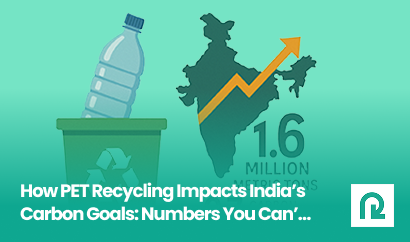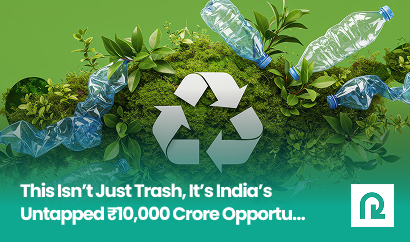Introduction
Effective waste management is an essential part of modern life, yet it remains one of the most complex challenges we face. Proper waste management ensures that waste is collected, sorted, treated, and disposed of in ways that minimize its environmental impact. In the art of waste management, innovation and technology meet human responsibility to create a cleaner world.
The Fundamentals of Waste Management
Segregation: Waste management begins at the source, where proper segregation of organic, recyclable, and hazardous waste ensures efficient processing and treatment.
Collection: Efficient collection systems are crucial for preventing waste buildup in urban and rural areas.
Recycling and Reuse: Once waste is collected, recyclable materials can be repurposed, reducing the need for new raw materials.
Technological Innovations
New technologies are transforming waste management:
Smart Bins: Equipped with sensors, smart bins can notify waste collectors when they are full, improving collection efficiency.
Waste-to-Energy: Waste that cannot be recycled is converted into energy through incineration or gasification, reducing reliance on landfills.
Data-Driven Solutions: Waste management companies are using data analytics to optimize collection routes, reduce costs, and improve service delivery.
Challenges in Implementing Waste Management
Developing countries, including India, face significant challenges in waste management, such as lack of infrastructure, inadequate funding, and limited public awareness about proper waste disposal practices.
Conclusion
The art of waste management lies in balancing technology, innovation, and human responsibility. With the right strategies, we can significantly reduce the environmental impact of waste, making our cities and communities more sustainable.


